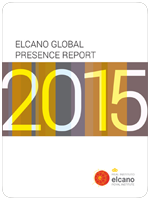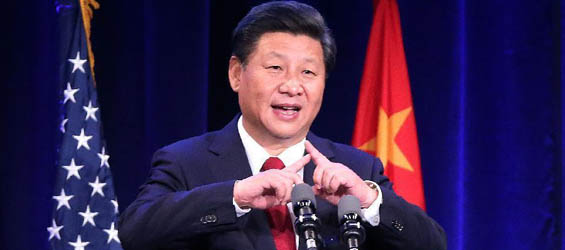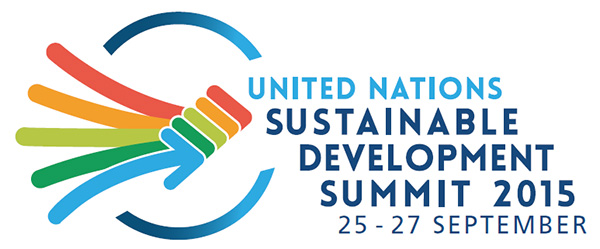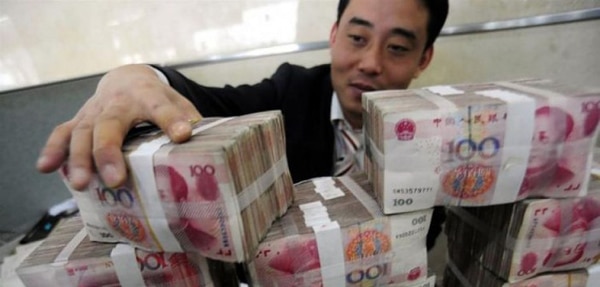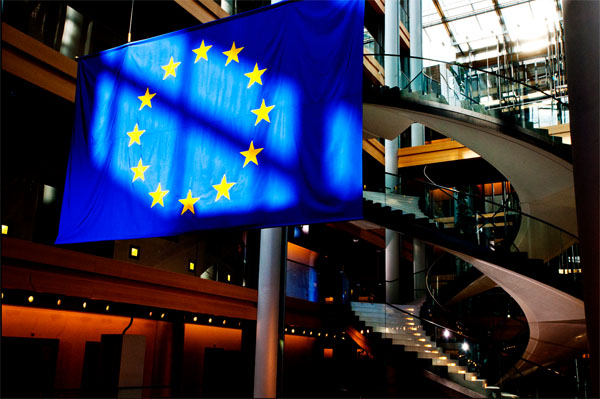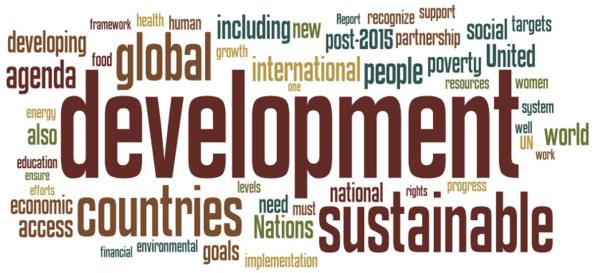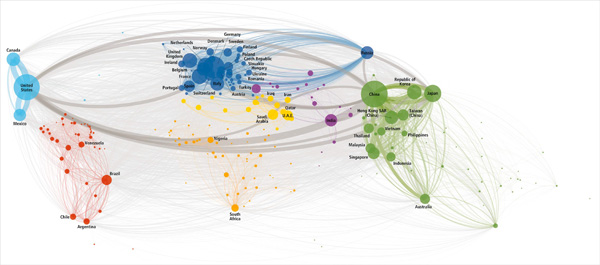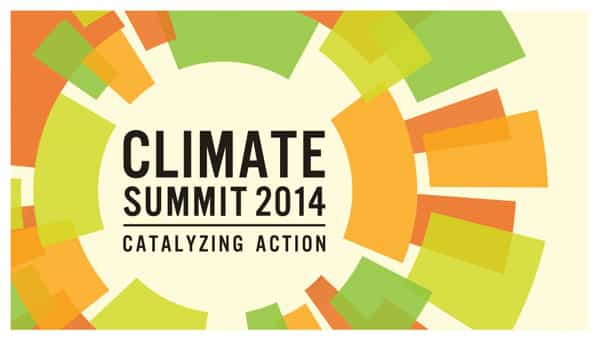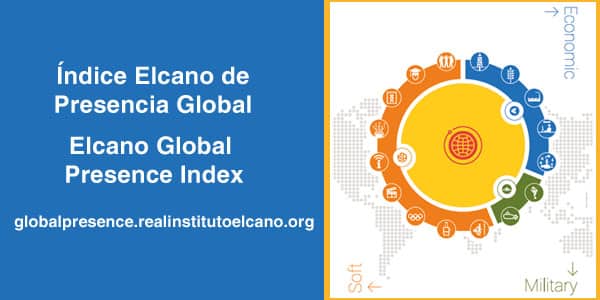Globalization, development and governance
A Chinese dragon flew over Washington
The global economic slowdown trend shows that when the Chinese dragon gets a cold it sneezes fire.
Global development leads to countries’ global presence
A new global development agenda will be approved at a UN Summit to be held in New York. The development cooperation component of the Elcano Global Presence Index shows the emergence of new and diverse players in the donor community.
Europeans race head over heels to Beijing
Beijing is a magnet for Europeans, who are scrambling over its evident attractions. There is no European strategy towards China.
Back to growth in the EU. Will this have an impact on global presence?
The 28 member states of the EU will record positive variations of their GDP in 2015. What does this mean for EU’s global presence?
Dignity by 2030: no hunger and no extreme poverty
The eradication of extreme poverty and the elimination of hunger are noteworthy goals proposed by UN Secretary-General in his report ‘the road to dignity by 2030’.
A more global connectedness
The worldwide connectedness has only discreetly recovered after its decline. This has been highlighted by the DHL Global Connectedness Index 2014
Our new Global Presence website is here!
We present our new Global Presence website, an interactive tool that calculates to what degree countries are ‘out there’.
15 - 21 of 28 pages
